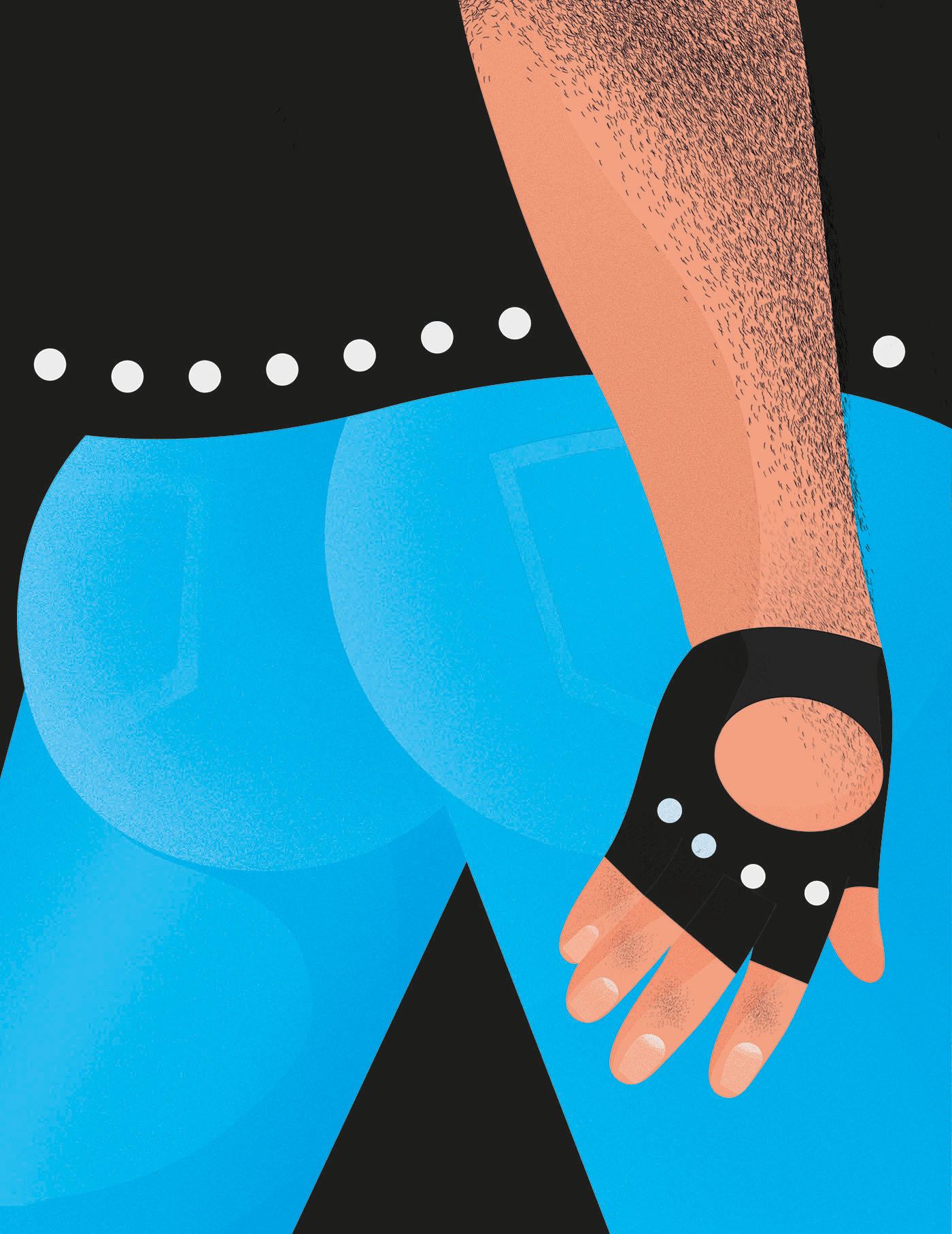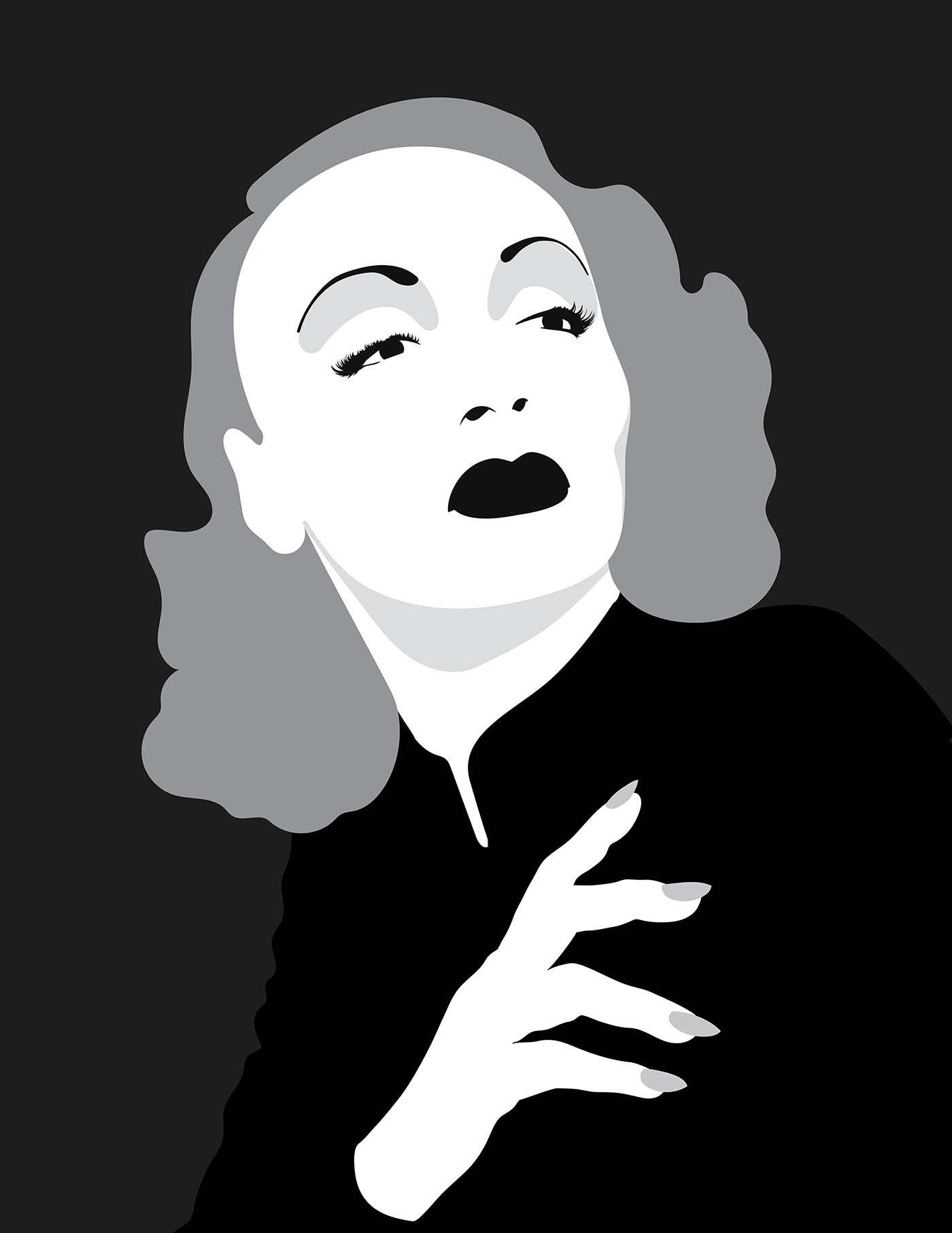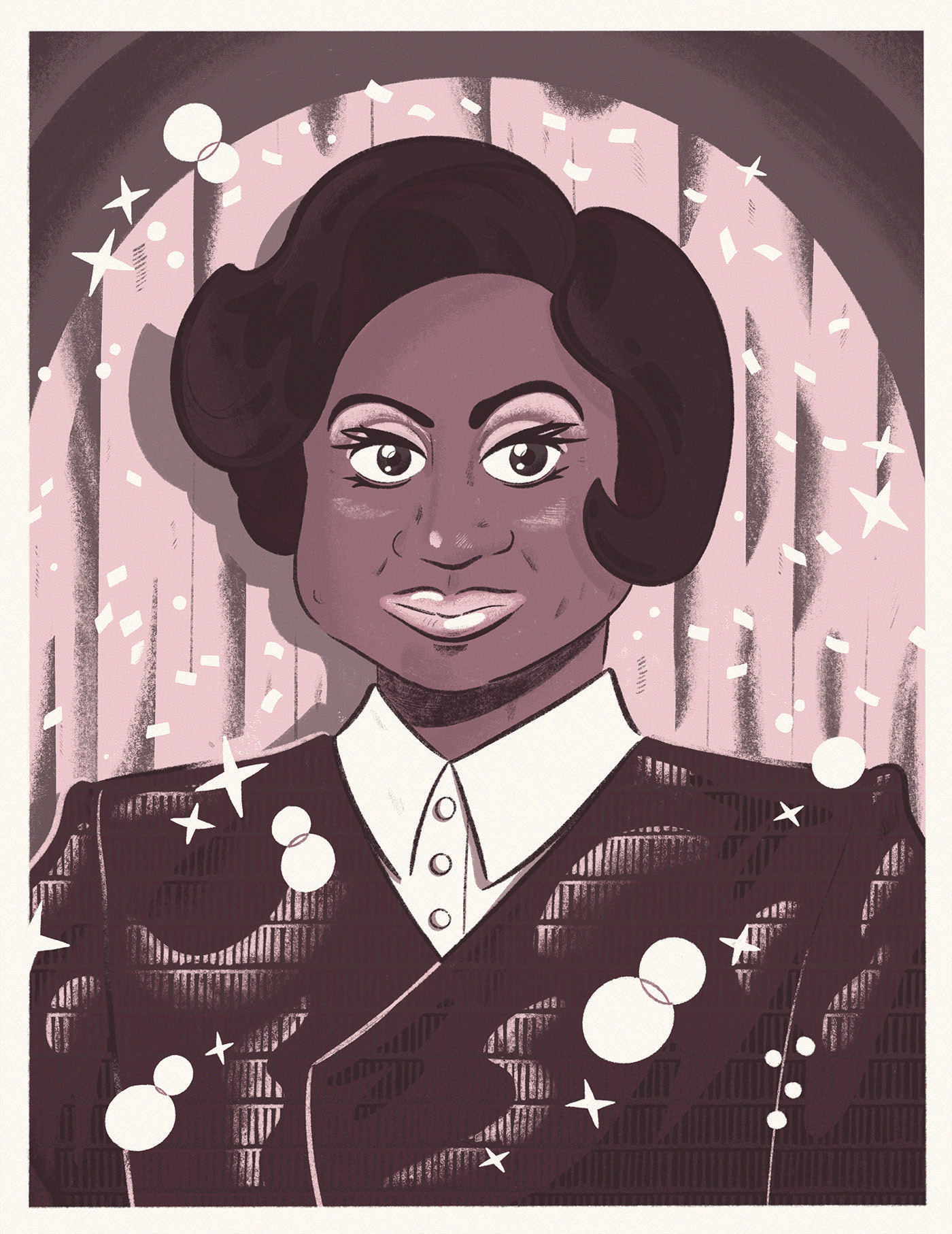
Jackie Shane
Artwork By:
Robbie Cathro
Words By:
Hayden East
Scroll Down


About

Jackie Shane’s covers were more like originals. “Tell ‘em that I’m happy, tell ‘em that i’m gay” goes one line from her most well-known record, a subversive take on William Bell’s 1962 hit Any Other Way. She was an original herself, too: a transgender soul star of the sixties who remade the genre in her own image, long before her very existance was decriminalised.
Any Other Way reached #2 on Toronto’s Billboard chart, but most people couldn’t keep up with Jackie’s rhythm. TV networks insisted she remove her make-up for live performances. Journalists either pulled interviews or publicly misgendered her. Local radio DJs only began to play her music after her chart position forced them to.
Still, she remained a force. Jackie dazzled audiences across North America, opening for legends like Etta James, Jackie Wilson and the Impressions. Then in 1971, after taking her bow at a concert, she disappeared. In the decades that followed, she watched the world catch up to her from Los Angeles and later, her birthplace of Nashville, where she cared for her mother – the woman who encouraged her to march to her own drum.
It would take nearly 50 years for Jackie to get the recognition she deserved: at the 2017 Grammy Awards her reissued anthology won Best Historical Album. Though she passed two years later, her face looks upon the streets of Toronto as part of a 22-storey mural memorialising the city’s music mecca. “I do believe that it’s like destiny,” she told the Canadian Broadcasting Corporation of her eleventh-hour resurgence. She wouldn’t have had it Any Other Way.

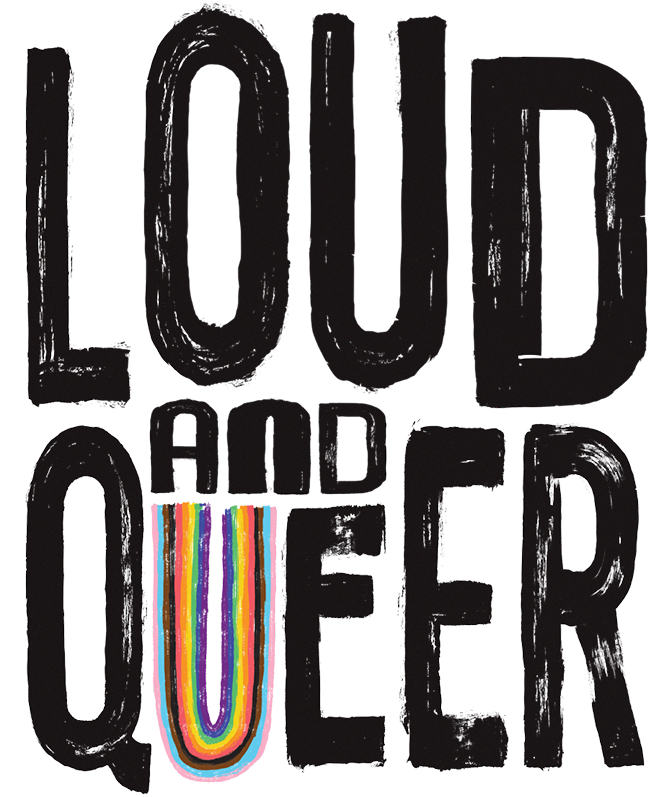

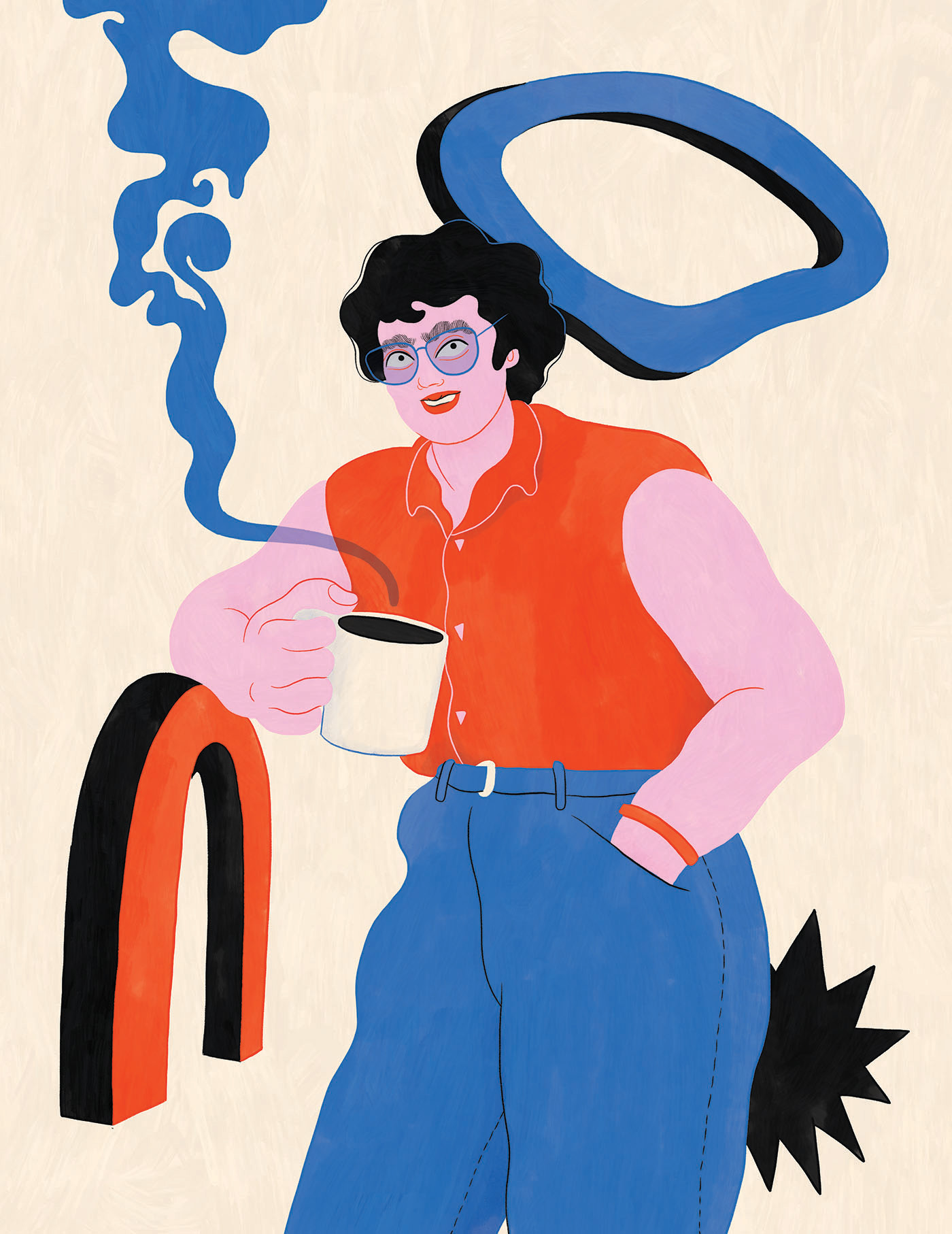

.jpg)
